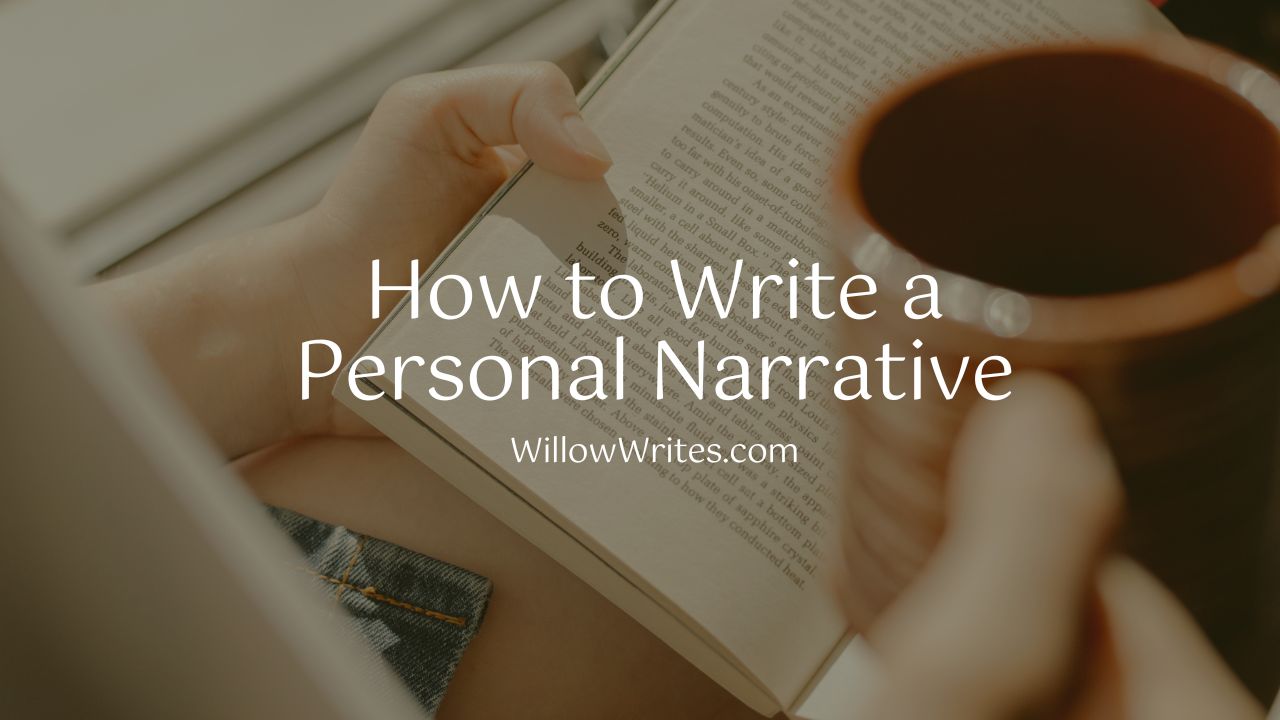In this video, writing expert Shaelin shares her top 12 writing tips that have significantly impacted her writing. Shaelin explains that her favorite pieces of advice are those that clicked with her or helped her instantly improve her writing. She emphasizes that not all writing advice works for everyone, but these tips have resonated with her and changed how she writes.
Shaelin’s writing tips cover a range of topics, including using strong verbs, avoiding unnecessary details, prioritizing specificity, finding hope and despair in every scene, and making sure that every scene is interesting. She also talks about the importance of cutting out “ing” and “to-be” verbs and avoiding overly embellished prose.
One of her key takeaways is to “describe, don’t explain.” She explains that this means showing the reader what is happening in the story rather than telling the reader. Another important tip is to focus on making scenes interesting rather than just serving a utilitarian purpose.
Shaelin is a writing expert who shares her knowledge and experiences on her YouTube channel. You can find more of Shaelin’s content on her YouTube channel: https://www.youtube.com/c/ShaelinWrites/
The 12 writing tips
- If the reader can imagine something happening without needing to be told, you don’t need to show it.
- Use strong verbs.
- Avoid “ing” and “to be” verbs.
- It’s not “show, don’t tell,” it’s “describe, don’t explain.”
- If your story is boring, slow it down, don’t speed it up.
- Be specific.
- Find hope and despair in every scene.
- Your character needs to yearn for something.
- Characters’ contradictions are what make them most interesting.
- Learn to trim the excess off your sentences.
- Make things artfully incongruous.
- Always ask yourself how to make your writing more interesting.
Shaelin notes that these tips are not universal and may not work for everyone, but they have positively impacted her writing. She encourages writers to curate their own rules and guidelines that make sense to them.
Resources
- Shaelin’s YouTube Channel: https://www.youtube.com/c/ShaelinWrites/featured
- Glimmer Train Bulletin Archive: http://www.glimmertrain.com/pages/guidelines/bulletin_guidelines.php
Personal Advice: My advice to improve your writing is to read as much as possible and write every day. Writing is a skill that requires practice, and reading widely can help you learn about different styles and techniques. Additionally, seeking out feedback from others can help you identify areas for improvement in your writing.
FAQ
- What are some common mistakes that beginner writers make? Beginner writers often struggle with overly embellished prose, too many “to-be” and “ing” verbs, and including unnecessary details in their writing.
- How can I make my writing more interesting? Focus on creating scenes that are interesting and engaging for the reader. Use specific details and strong verbs to help bring the scene to life.
- How do I know which writing advice to follow? Not all writing advice works for everyone, so trying different techniques and seeing what works for you is important. Don’t be afraid to experiment and find your own style.
- How do I deal with writer’s block? One way to deal with writer’s block is to take a break and do something else. Often, stepping away from your writing for a little while can help you return to it with fresh eyes. Additionally, try free writing or brainstorming to generate new ideas.
- How can I improve my editing skills? One way to improve your editing skills is to read your writing out loud. This can help you identify awkward phrasing and areas that need improvement. Additionally, seeking feedback from others can help you learn how to edit your work more effectively.
Willow Tenny
Willow is a freelance writer. She works with various clients to create engaging and informative content across a range of topics, from technology and business to travel and lifestyle. With a passion for storytelling and a talent for crafting compelling narratives, Willow has developed a strong reputation for delivering high-quality content that resonates with her readers. She is skilled in conducting thorough research, writing in a clear and concise style, and adapting her voice to suit the needs of each project. When she’s not writing, you can find Willow exploring new hiking trails, trying out new recipes in the kitchen, or enjoying a good book.











